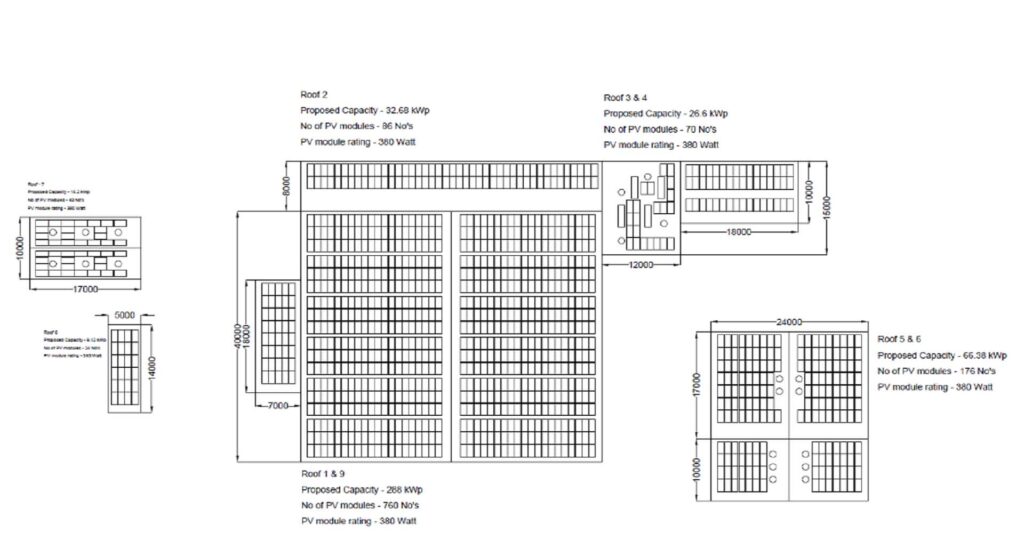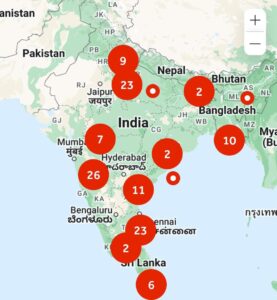
Design & Modules
Design Research
With limited resources at hand, the Becquer team tries to spend time on exploring, developing and prototyping technologies that are relevant to renewable energy and its greater adoption. About 5% of our financial resources are plowed into this area with a disciplined use of the resources available.

Green Heights
Is a concept developed that would act as a blueprint for buildings wanting to switch to a more sustainable design and operations, whether through a retrofit or a complete revamp. The concept focuses on the following areas of improvisation that in unison make a piece of infrastructure green:
- Energy efficient lighting systems.
- Increased use of natural lights (“day lighting”).
- Landscaping that reduces the need for pesticides, fertilizers, and water; and
- Use of building materials that includes recycled content.
here are several systems for rating how “green” a building is. The most widely used is the LEED green building rating system. Buildings earn points toward levels of certification depending on how many green features are included. The basic level is called certification. Buildings with additional green features can earn silver, gold or platinum ratings.
High Voltage Testing on Insulators
The ever increasing in demand in urbanization and industrialization has let to a tremendous pressure on the power sector to maintain reliability with lesser transmission and distribution losses. Thus, the preference for high voltage has been increasing.This project focused on the testing and studying the behaviour of insulators and insulation, when subjected to high voltage.
Assembly Testing
As the components of a solar system are configured in different ways, there is a difference in their performance, when measured for efficiency and probability of failure. The different configurations can be for the panel arrangement, i.e. in series versus in parallel, or the use of charge controllers for battery charging versus direct connect to DC loads. To understand some of our test results, please download the following document:
Becquer Modules
Becquer Modules are targeted at both large scale utility projects and medium sized projects. They are made in tier 1 or tier 2 quality grade as required by the developer. The primary objective of each variant of the panel is to ensure maximum space efficiency and durability in a wide range of operating conditions. Please refer to the table below for the key metrics of each variant and how they compare against each other:
HEAD OFFICE
Level 35, The Gateway, 150 Beach Road, Singapore,189720

SERVICE CENTRE TOUCHPOINTS

CORPORATE OFFICES
Becquer Energy India Pvt. Ltd. ( A Becquer Energy Company) Level 8, Tower 2B, One World Centre, Senapati Bapat Marg, Lower Parel, Mumbai, 400013
Becquer Malaysia Sdn Bhd,D-8-3A, Menera Suezcap 1, KL Gateway, Kualalumpur,59200


